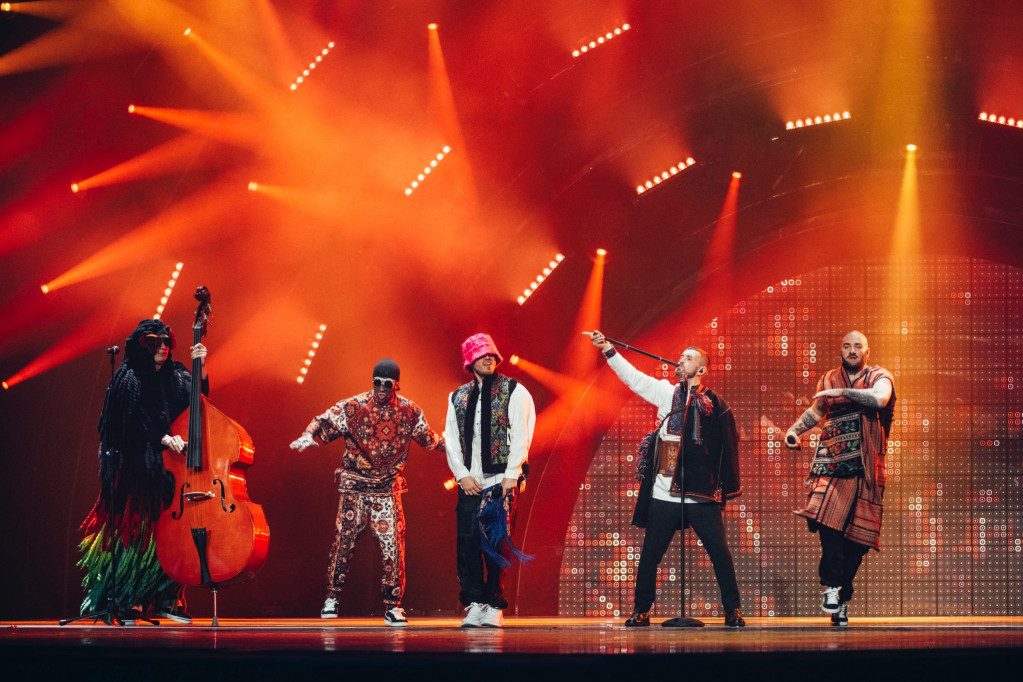By Ben Mulvey
Eurovision was back with a bang this year with all of the camp frivolity, pomp and ceremony that it has become well-known for. From a same-sex kiss to some controversial dance routines, the show is set to be water-cooler fodder for a few weeks to come.
As soon as the acts took to the stage in Turin, it became apparent that every country had pulled out all the stops to ensure that they stood a chance to win the coveted crown. What was once a laughable affair has now become one of the most-watched events on the planet and this year, more than ever, it became somewhat political but for all the right reasons.
It was apparent from the start that the 180 million-plus viewers that had tuned in for this year’s Eurovision were behind Ukraine, even the Brits who have become all too familiar with “nil point” for the last few years. As the scores began to roll in, Sam Ryder, clearly the best Eurovision contestant that the UK has produced since 1998, appeared to be top of the leader board after just six of the forty votes. And there he stayed, ahead of Sweden, Spain and Ukraine until the phone-in vote was cast which launched Ukraine to the top by a huge margin with 631 votes to the UK’s 466.
Ukraine’s Kalush Orchestra ultimately took the title with their song Stefania. This strangely catchy song featured the world’s largest penny whistle and a rather flexible dancer draped in paisley silk that kept the audience enthralled, The lead singer, with a distinctive pink hat, had the rest of the world tapping their feet and joining in. Whether the vote was political or sympathetic, it was certainly well-deserved and was a clear sign that the whole of Europe, and indeed the world, stands with Ukraine. Let’s see what 2023 brings…
Photo: Eurovision.tv
You may also like
-
Lights up in Mallorca – AMOK let it shine
-
The Tramuntana Academy Launches: A space for learning, wellness & creativity
-
Mallorca holds the Classical Music Fort
-
Hull Yeah: Mallorca’s Biennial Axoparty Rocks the Med
-
Mallorca Design Day closes its fifth edition with a grand gala at the Fàbrica Ramis, highlighting emerging talent and the transformative power of design.

